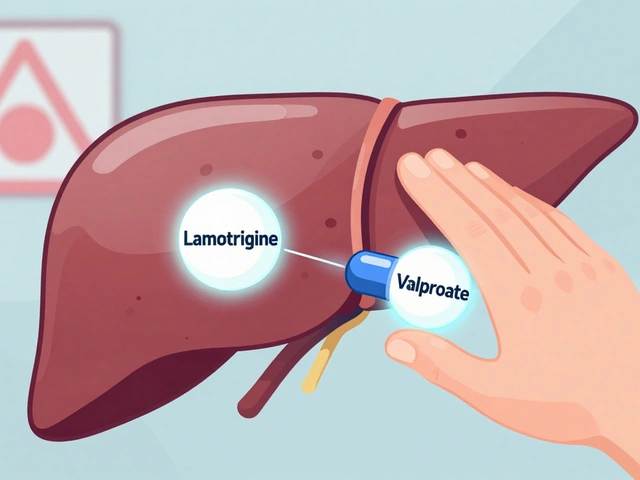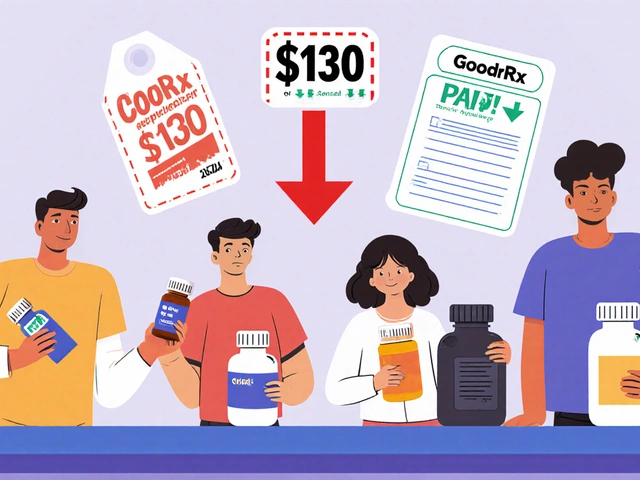Female Libido Enhancers: Practical Options and Safe Steps
Low sexual desire is common and fixable. If your sex drive has dipped, you want clear options—what works, what's safe, and when to see a doctor. This page lays out practical choices for boosting female libido: lifestyle moves, over-the-counter supplements, prescription meds, and safety tips so you can make better decisions with your healthcare provider.
Start with simple changes you can try at home
Prioritize sleep, because low energy kills desire. Cut back on heavy drinking and balance your workouts—too little or too much exercise both hurt libido. Talk openly with your partner about what feels good; improving communication often restores interest fast. Manage stress with short daily habits: five minutes of deep breathing, a brief walk, or a phone-free bedtime routine.
Supplements and OTC products can help, but pick them carefully. Products with maca, L-arginine, or ginseng sometimes improve sexual function for some women, but quality varies widely. Choose brands with third-party testing and avoid proprietary blends that hide dosages. CBD is popular for anxiety-related low desire, but evidence is limited. Always check interactions with medications you already take.
Prescription options exist for specific causes. Flibanserin and bremelanotide are approved for premenopausal women with hypoactive sexual desire disorder, but they work for select patients and carry side effects. Hormone therapy—like estrogen or testosterone—can help women with low hormones after menopause or certain medical treatments, but a clinician must evaluate risks. If antidepressants or other drugs are lowering your libido, a doctor may adjust dosing or switch medicines.
When to see a healthcare professional
See your clinician if low desire is sudden, causing relationship stress, or comes with pain or mood changes. Get a basic check for thyroid problems, low iron, or hormone changes—these are common culprits. Mention all medications and supplements you use; many prescriptions affect sexual function.
Safety first: avoid unregulated injections or hormone mixes sold online without a prescription. Don't chase quick fixes from questionable sellers. Ask for blood tests if you're offered hormone therapy. If you try supplements, run them by your clinician, especially during pregnancy or if you have heart conditions.
A simple plan to start today: sleep more, reduce alcohol, schedule sex like you would an important meeting, and open a calm conversation with your partner about desire. If that doesn't help after a month or two, make an appointment to discuss testing and medical options. You deserve clear answers and safe care—don't settle for vague promises.
Other practical options include pelvic floor physical therapy for women who feel pain or tightness during sex; a trained therapist can teach exercises that reduce discomfort and improve sensation. Sex therapy or couples counseling helps when emotional blocks or past experiences lower desire. Some women try testosterone under close supervision; doctors prescribe lower doses than for men and monitor lipids. If you take heart or seizure medications, ask about sexual side effects. Keep a diary of mood, sleep, medications, and sexual interest for two weeks—sharing that with your clinician speeds diagnosis and points to the right fix.
Hey there! I'm here to chat about a game-changer in women's sexual health: Female Viagra. Now, it's not just the guys who get a little help in the bedroom. This stuff boosts libido and sexual pleasure for the ladies, and guess what? It's up for grabs online. Safe, effective, and totally hush-hush – your privacy is a top priority. Whether you're curious or in dire need, we're diving deep into the ins and outs of buying Female Viagra. So stick around; you might learn something new!
View Details

